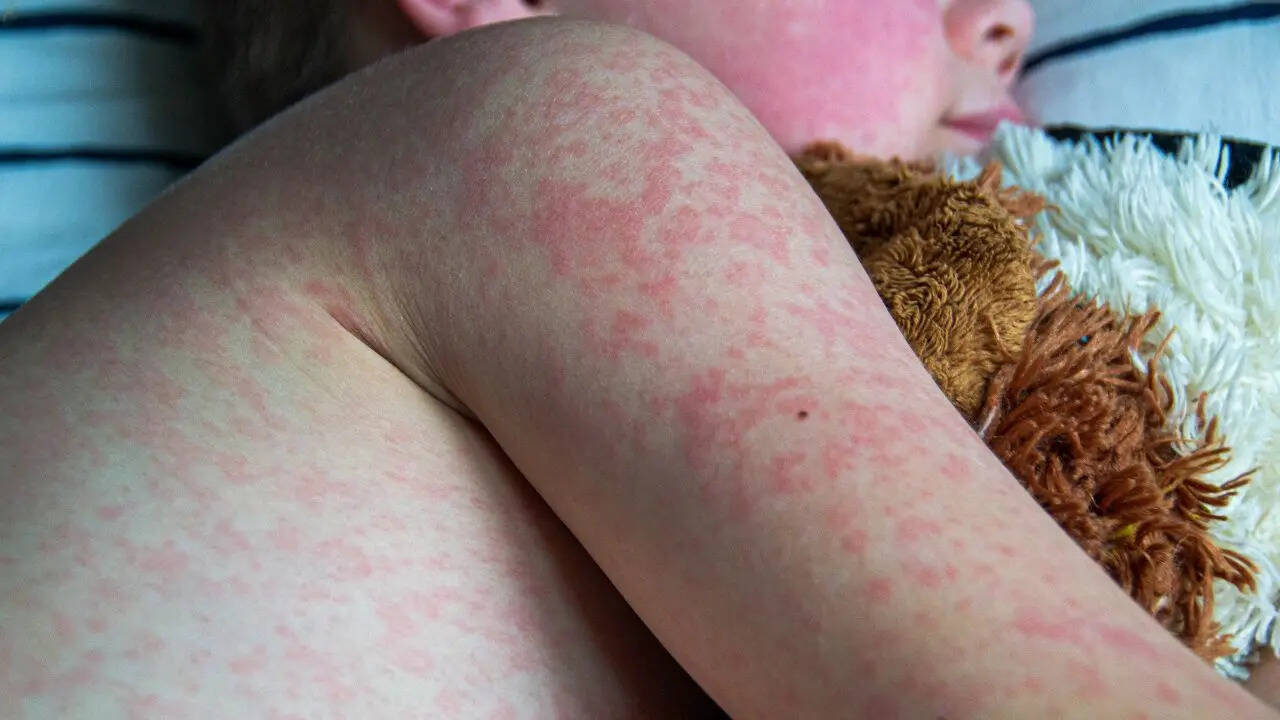As U.S. Measles Cases Surge, Could The Country Lose Its Elimination Status?

Credits: Canva
SummaryOnce considered eliminated in the United States, measles is making a worrying return. With more than 1,500 confirmed infections so far this year, the highest in over three decades, health officials warn the country could soon lose its elimination status.
End of Article
